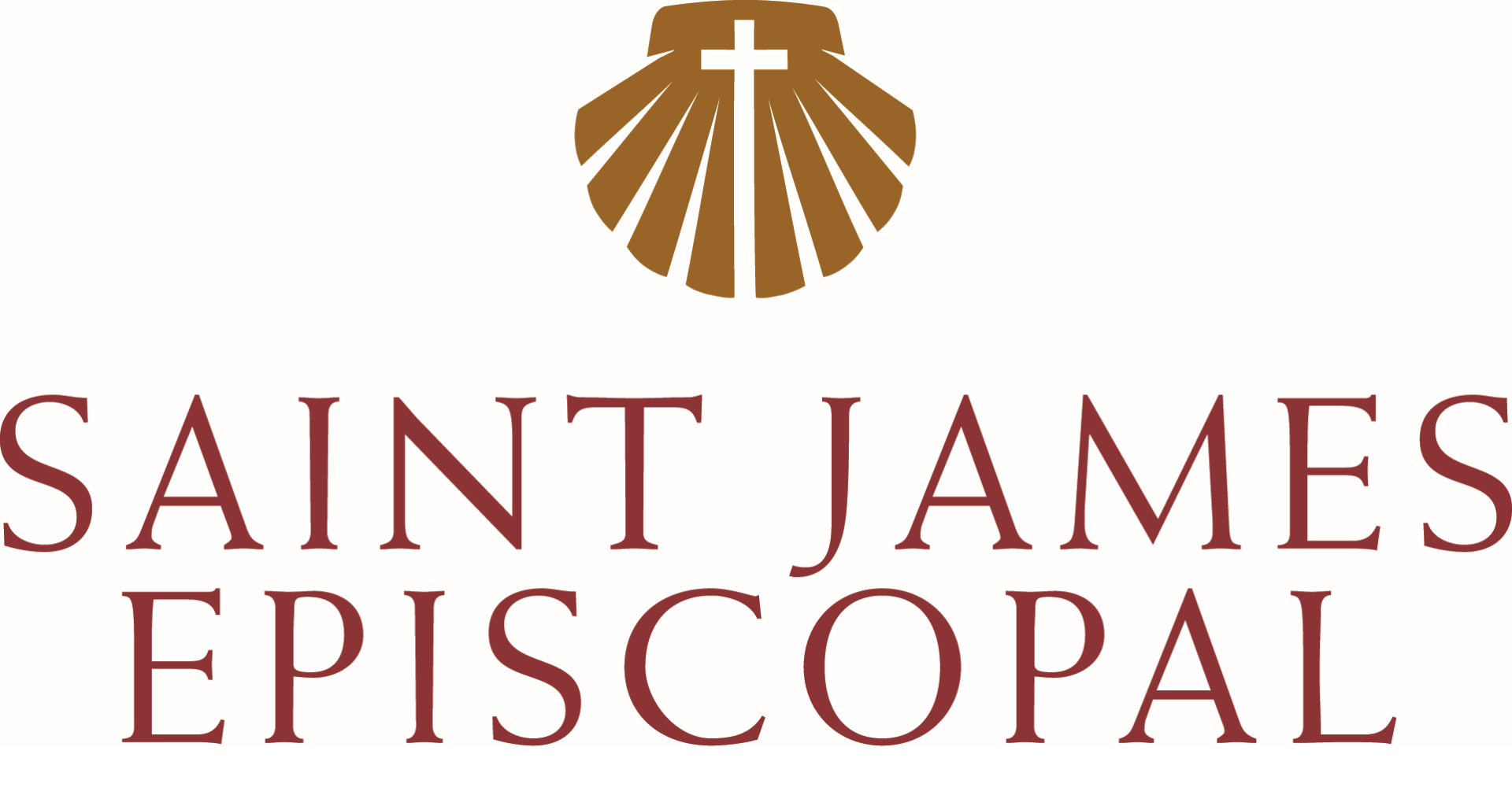Three Faiths, One Contested Place
Last month, I wrote about pilgrimages often being to a place and that many of the world’s
religions, in addition to Christianity, have places of pilgrimage. The Holy Land is a focal point
for the pilgrimages of the Abrahamic religions of Judaism, Christianity, and Islam.
Interestingly, as I learned on my Pilgrimage to The Holy Land this summer, both Islam and
Judaism rank their holy sites. For Islam, Mecca (where Muhammad, the founder of Islam was
born) is the holiest site, followed by Medina (where Muhammad is buried), and then Jerusalem
(where Muhammad was transported during the “Night Journey” and where God stepped down
from heaven to create the world).
For Judaism, The Temple Mount is the holiest site. That is where direct communication took
place between the High Priest and God. This is also where Jews came on their pilgrimages to
make their sacrifices. Much like Muslims, the Jews believe that the foundation stone of the
universe was laid before the world was expanded to its current form. In addition, the creation of
earth’s features were made there including the first man, Adam. Major biblical events occurred
around it including Jacob’s dream, the binding of Isaac, and the prayers for Isaac and Rebecca. It
is where King David bought the threshing floor and where his son, King Solomon built the first
temple. The Temple Mount was also identified as Mount Zion by the Hebrew Bible.
After being in The Holy Land, I cannot imagine trying to rank the holy sites related to the birth,
life, crucifixion, and resurrection of Jesus. It became clear to me that every site where something
in the life of Jesus happened is considered holy. Everything from the major moments, like
Gabriel’s announcement to Mary, Jesus’ birth, the Upper Room, and the Holy Sepulchre to the
tree in which Zacchaeus stood to see Jesus, and the path of the Good Samaritan.
Religion is part of the reason that the space is so contested and fought over. For all three
Abrahamic Faiths, this space is sacred, but for our Muslim and Jewish siblings, it is far more
important. And for our Jewish siblings it is the most important. However, the area on which the
Jewish Temple stood is currently part of the Muslim Al-Aqsa Compound. Because the area is in
Muslim hands, Jews are only allowed to be on the property with Israeli police, who escort them
around the property, and keep them moving so they do not have an opportunity to worship.
When we toured the Al-Aqsa Compound and visited the Dome of the Rock, we had the
opportunity to hear from a Muslim guide, his story, and his perspective. As we visited the
Wailing Wall and toured the Jewish Quarter, we had a chance to hear from a Jewish guide, his
story, and his perspective. It was incredibly powerful and emotional to see it and hear about it in
person instead of on the news. I can honestly say, I am heartbroken for each group. I came away
from that time of exploring the “Religious Other” with a deeper appreciation of our Muslim and
Jewish siblings and of their claim to that space.
